Publications
Articles, publications, books, tools and multimedia features from the U.S. Institute of Peace provide the latest news, analysis, research findings, practitioner guides and reports, all related to the conflict zones and issues that are at the center of the Institute’s work to prevent and reduce violent conflict.
Question And Answer
Amid a Changing Global Order, NATO Looks East
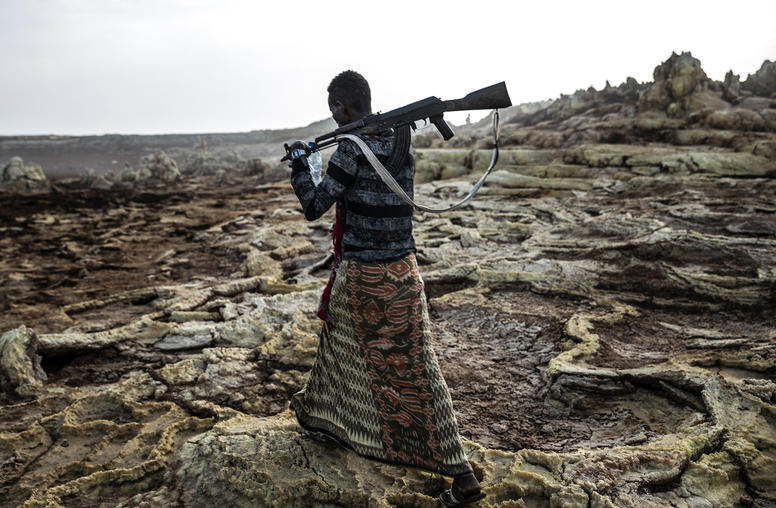
Despite High Stakes in Ethiopia, China Sits on the Sidelines of Peace Efforts
Since November of 2020, Ethiopia has been suffering from a deadly internal conflict that has claimed an estimated 50,000 lives and displaced over two million. The United States, the African Union and others in the region have attempted to secure a cease-fire between the federal government and the Tigray People’s Liberation Front (TPLF) but have made little headway. In contrast, China has remained mainly on the sidelines of peacebuilding efforts even though Ethiopia — the second most populous country in Africa — is a centerpiece of its Africa policy.
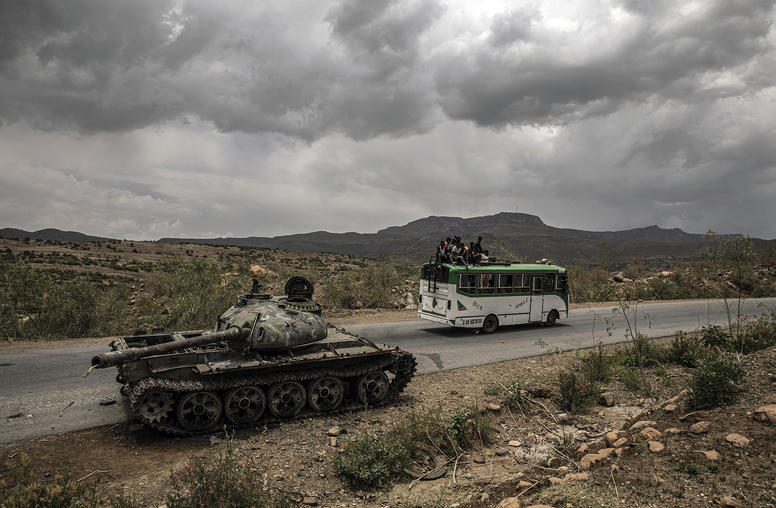
Ethiopia’s Truce Offers Hope, But the Next Steps Are Complex
After 16 months, one of Africa’s deadliest wars has yielded an opportunity to build peace, as Ethiopia’s government and the Tigray Defense Forces have declared a truce to allow for the humanitarian aid needed to prevent mass starvation across the country’s northeast. Ethiopians and their supporters must seize this moment to consolidate a durable cease-fire and end blockages to humanitarian assistance. This effort should open a path to a broad national dialogue to set a shared vision for Ethiopia’s future, growth potential and long-term stability. But the essential first steps are complex and will need to be taken carefully and swiftly.
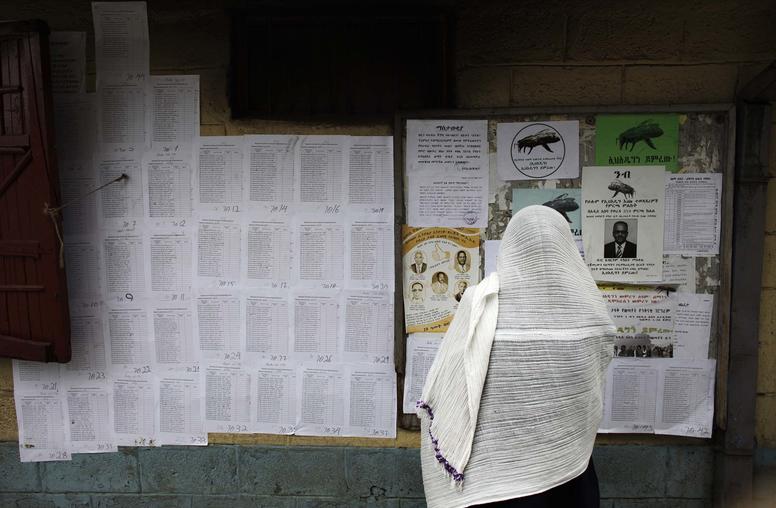
Ethiopia: Contemplating Elections and the Prospects for Peaceful Reform
Ethiopia is approaching parliamentary elections on June 5. This will be the first vote since the process of reform launched in 2018 by Prime Minister Abiy Ahmed, and the stakes are extremely high. Elections to the next national parliament, the House of People's Representatives, may determine future decisions about the structure of the country and consolidate the ruling party’s power. While the short-term outlook for the vote is unlikely to change, the election may offer opportunities to support political dialogue which could sustain important reforms and decrease polarization.
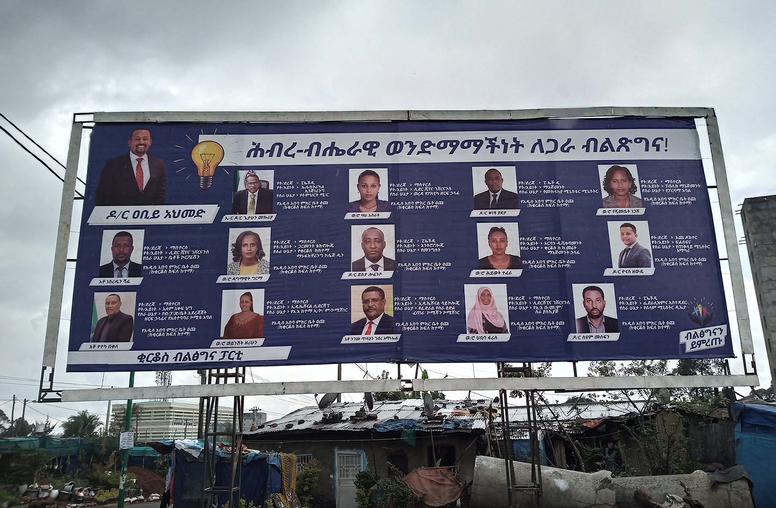
Why Ethiopia’s 2021 Elections Matter
Facing numerous technical difficulties, the National Election Board of Ethiopia (NEBE) delayed parliamentary elections from June 5 to June 21, postponing the vote for the second time. Some major opposition parties are boycotting, and no voting will take place in civil war hit Tigray or in several other areas facing insecurity. Elsewhere, deficiencies in election administration have meant voting has already been postponed in many constituencies, and some of the logistical arrangements to underpin the vote are still to be implemented. Although there are risks of electoral violence, any incidents are unlikely to be especially significant in a context of high levels of ongoing political violence.
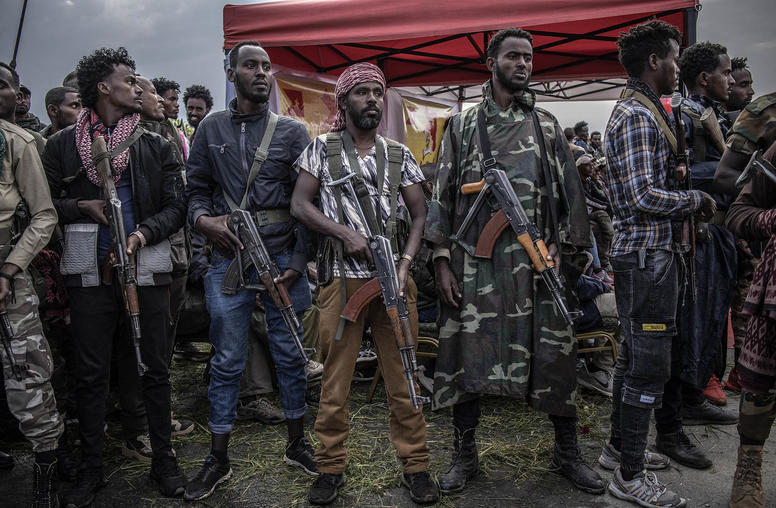
U.S. Urges Ethiopia to ‘Give Peace a Chance’
The United States’ top priority is the “unity and integrity of the Ethiopian state” and its “commitment to the Ethiopian people,” U.S. Special Envoy for the Horn of Africa Jeffrey Feltman said at the U.S. Institute of Peace in Washington on November 2. Noting that the average civil war lasts 20 years, Feltman said a war that long would be disastrous for Ethiopia and urged all parties to the conflict to “give peace a chance.”
On the Issues: Somalia
David Smock is interviewed on Ethiopia's invasion of Somalia, and event that thrusted Somalia back into the international spotlight.
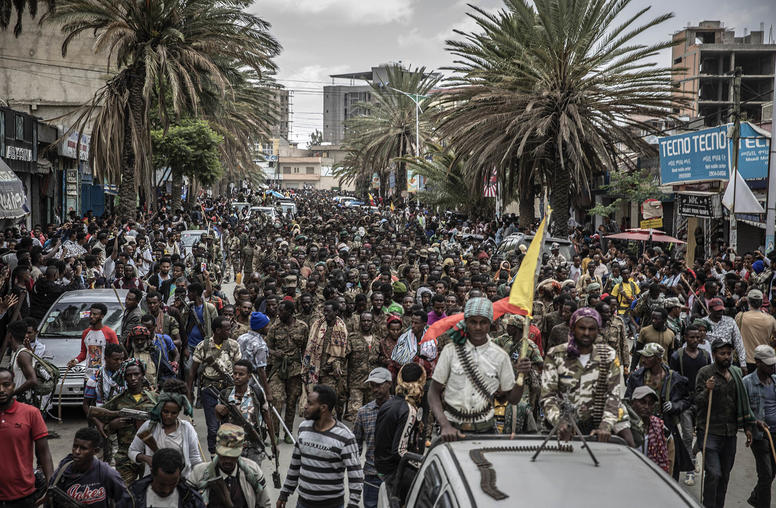
Peace for Ethiopia: What Should Follow Blinken’s Visit?
Secretary of State Antony Blinken’s talks in Ethiopia and his announcement of new U.S. aid this week advance vital steps for building peace in the country and greater stability in East Africa. Yet those tasks remain arduous and will require difficult compromises on all sides in Ethiopia’s conflicts. U.S. and international policymakers face a tough calculation over how to mesh critical goals: restoring full trade and economic assistance to help Ethiopia meet its people’s needs while also pressing all sides to advance justice and reconciliation to address the atrocities committed and damage caused during the war.
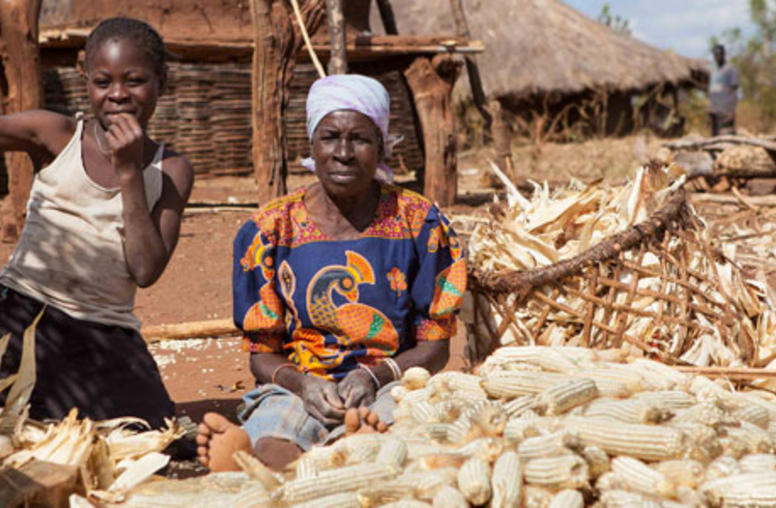
Food Insecurity’s Impact on Conflict Merits a Closer Look
A new report from the Woodrow Wilson International Center for Scholars illuminates the connections between conflict and food insecurity admirably, even as it recognizes that considerable work remains to be done on how food-related problems actually promote or alter conflict.
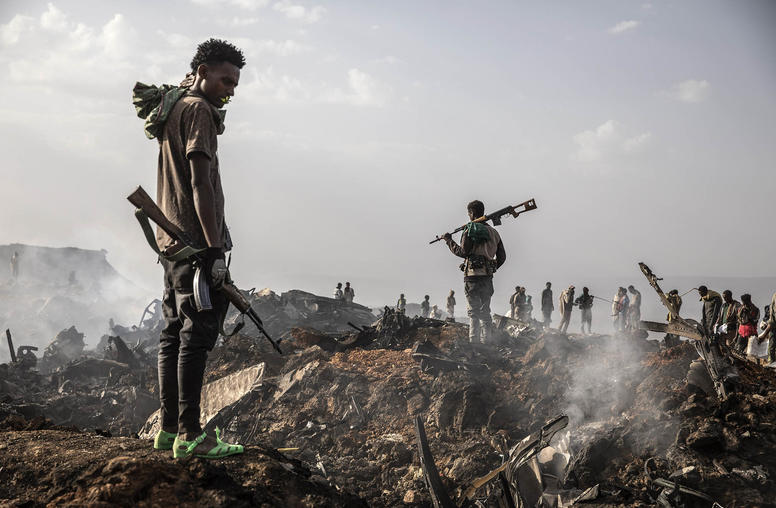
Ethiopia’s civil war is raging. How can it get on track toward peace?
In August, the devastating conflict in northern Ethiopia resumed, effectively ending the March 2022 humanitarian truce between the Ethiopian federal government and Tigrayan forces, which many hoped would pave the way for a negotiated cease-fire and peace talks. This week, the African Union’s chairperson called for an immediate cease-fire and U.S. Secretary of State Antony Blinken also called on the parties to cease hostilities and participate in talks organized by the African Union. What comes next in Ethiopia will have major implications for its people, the strategically vital Red Sea arena and for U.S. interests in the region. Stepped up, senior-level U.S. engagement is direly needed to get Ethiopia on a path toward peace.
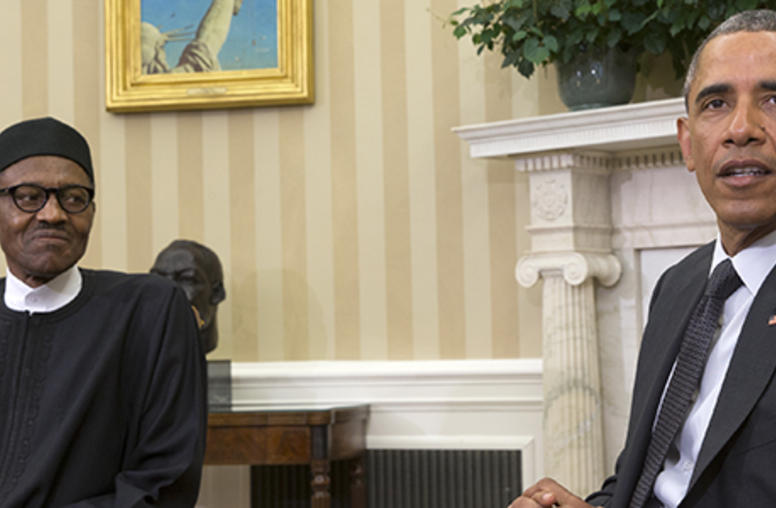
Obama, in Africa, Will Need to Balance Agenda, Ex-Envoys Say
Six years after Barack Obama first visited sub-Saharan Africa as a presidential messenger of democracy, he faces a more complicated task in turning back to the continent next week. Obama hosts Nigeria’s new president, Muhammadu Buhari, on July 20, and then flies to Kenya and Ethiopia. As he does, the continent’s security threats and its urgent need to address ongoing poverty are forcing him to balance priorities and messages, say two former assistant secretaries of state now at the U.S. Insti...